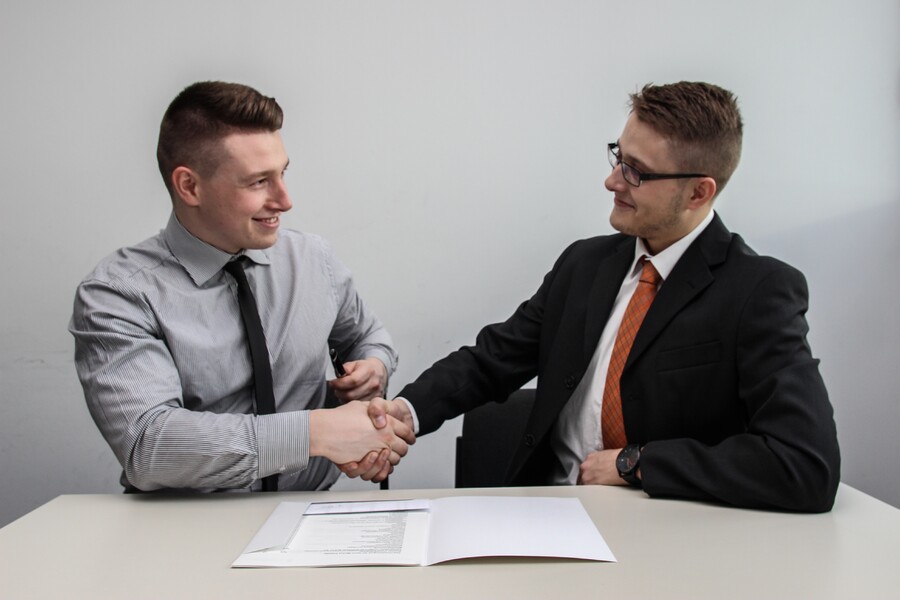Are you a recruiting agency supporting startups?
There’s a big difference between recruiting for a large, stable company and a plucky startup. An established corporation is a known quantity. The candidate knows what she’s getting into. Titanic jokes aside, there’s a reason why these types of businesses are compared with ocean liners: they’re stable, and they can weather rough weather. And they turn very slowly.
Stability isn’t a bad thing! But unfortunately, many of these companies found themselves drifting into stagnant waters. Corporate culture overlooked microaggressions that didn’t seem like that big of a deal 10 years ago. Or it was too cumbersome to incorporate a new way of doing things into Business as Usual.
Even when the problem was identified, change was too slow to come.
People started jumping ship.
The Great Resignation works to the advantage of the startup- the New Guy on the recruiting block. Startups have a unique opportunity to attract top talent, the kind of candidate who is ready for more autonomy and flexibility, and who has the experience to navigate the unpredictable waters of a new business.
The interviewing process is critical because it’s going to serve as the primary means through which the candidates learn about a brand-new company. As a recruiting agency, you’re approaching passive candidates- because how would they know to seek out a new company they haven’t yet heard of?
From the candidate’s perspective, they want to know what they’re getting into.
From the startup’s perspective, they need the interviewing process to work. A wrong fit is going to cost time, effort, and money. Employee turnover kills momentum. The process of rehiring and retraining is the equivalent of spinning your wheels in a race that’s already moving at a breakneck pace.
This is why one of the most crucial steps in the interviewing process is preparing the candidates from the get-go.
You want to set them up for success. This means that they leave the interview with a good personal experience and a favorable impression of the company- regardless of whether they receive a job offer.
1. It starts with the pre-screen call.
Pre-screen calls are conducted to choose which candidates will be interviewed for the position. This step is strategic in a startup situation because it’s an opportunity to motivate top talent to get excited about taking the next steps toward working for the company.
- Set the tone by clearly explaining who the company is and what their culture looks like.
- Outline the details of the job– the responsibilities and qualifications.
- Explain what each step of the interview process looks like, including who from the company is involved and how long each step is going to take.
Let them know what questions are going to be asked. Offer suggestions on how they can best prepare.
Model transparency- you’re not hiding anything, and you want them to have any information they need to walk away from the interview confident that they gave it their very best. Give plenty of room for them to ask questions.
The interview process is their first experience with the company’s culture of inclusivity. By the end of the pre-screen call, they’ll understand who the company is, and how they fit. They’ll be excited about the next step.
2. Follow up with an email outlining what the process looks like.
The interview process for a startup looks different than the process for a more established company. The candidate may not even be aware of the assumptions about the process that they’re bringing to the table.
Clear communication minimizes the element of surprise during the process.
Creating an interview process for a startup can feel like coaching Goldilocks: it’s not too long, and not too short; it’s just right.
If the process is too long, candidates may burn out and drop out of the hiring process. If the process is too short, you may not have enough information to determine whether the candidate is a good fit regarding skillset, personality, and culture.
For a company of less than 10 people, the ideal process has 3-4 steps. For a company of 11-100 people, a thorough interview takes 4-5 steps. From start to finish, an efficient interviewing process can be completed within 10 days.
With each step, explain:
- What questions will be asked/what information will be discussed?
- Who will be there?
- What are the logistical details? (Time/place or link to meeting/dress code)
- Contact information if they need to reach out with a question or change of plans
- Timeline of the entire process
By taking out the guesswork, the candidate will feel more confident and better prepared.
3. Before the interview, touch base with the candidate. Offer to answer any lingering questions they have before they meet with the interviewer.
Multiple touchpoints during the process ensure that a candidate doesn’t slip through the cracks. It’s also a way to build a relationship with the candidates.
From an agency perspective, you’re engaged in the exact art and subtle science of matching the right candidate to the right job, at the right company. You’re acting in the best interest of the company that you serve- and you also want what’s best for the candidate. During this interview process, the focus is on finding the perfect match. Offer as many opportunities as possible to gather the information that will best determine which candidate best fits this role.
This role isn’t going to work out for all but one of the applicants. But this deliberate effort to communicate is valuable. This company will likely have future opportunities for which the applicant might be a better fit. And you’ll work with other companies. The better you know the people in your network, the easier it will be to match them to a future role at another company.
A little bit of planning goes a long way. This process attracts top talent. All candidates feel respected. It helps the company find the best fit for the position. And as an agency, you’re cultivating good relationships with the applicant pool. It’s a win-win!









